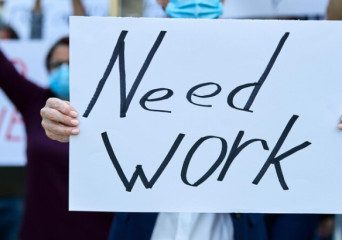
Table Of Contents
Labor Unrest: Employment Law and Free Speech Leave Protesters Vulnerable
In matters concerning protest, that is, protest by the workers, the legal situation appears to be shallow to a worker who wants to engage in protest. Protection against retaliation or any legal action based on a person’s free speech rights is usually not well protected under employment law. This puts the protesters at the mercy of the law and possibly joblessness if the outcome is against them.
It is welcomed that more attention has been paid to these instances of worker rights abuses in the last couple of years, especially when it comes to legal action against protesters. For example, a recent case involves a worker in the United States who was terminated for engaging in a Black Lives Matter strike during working hours in 2020. The worker is, therefore, locked out of unemployment compensation. He was denied unemployment benefits owing to the employer’s assertion that the worker was not ‘available’ for work during the protest.
Similarly, in Canada, a worker was IBD due to participation in a protest that was organized by the union. The worker was dismissed without being provided any severance pay or benefits since the employer stated that the worker was not constructively dismissed because the protest they undertook had no bearing on the worker’s position.
These cases speak volumes in terms of the need to provide better protection for labor rights, especially for workers who have decided to protest. It is necessary to how Employment law and free speech protections should be reviewed so workers have no penalty for their right to free speech and assembly.
Meanwhile, those employees who are considering attending demonstrations ought to be informed of possible legal repercussions and thus take necessary precautionary measures. This entails taking written and photographic records of any activities during the protest, keeping a record of communication with the employer, and seeking advice from a lawyer in case the employer takes appropriate legal action against them.
In conclusion, changes in the legal framework governing employees and working conditions should be made profound enough to prevent the unfair discharge of protest-performing employees.
Read Also:









